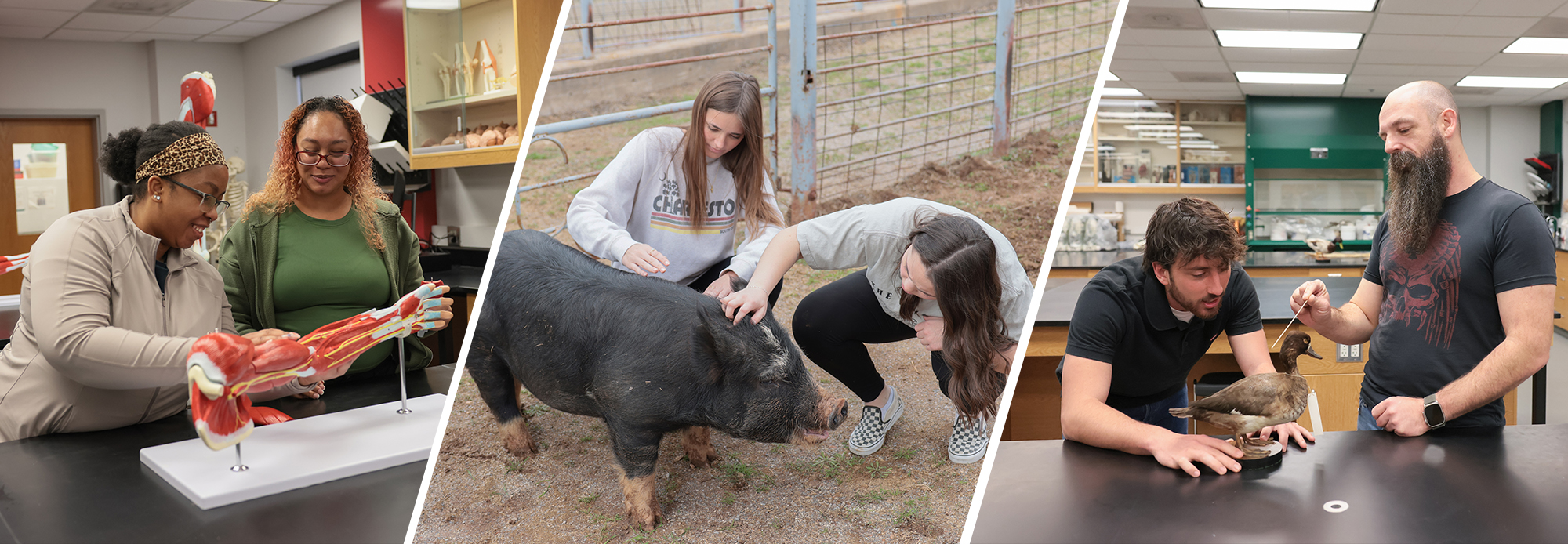|
Description: In addition to learning concepts, physiological processes, and technical aspects of livestock reproduction in a classroom setting, students that earn a Beef Cattle Artificial Insemination badge will work alongside certified instructors where they will engage in hands-on training of each aspect of artificial insemination of beef cattle. Training will includes artificial insemination as well as embryo transplanting. While learning safe cattle handling skills, students will actively participate in artificial insemination using multiple cows under the watchful eyes of trained coaches. Students will complete the badge with confidence that they can handle cattle safely, properly identify estrus in cattle, understand bovine reproductive physiology, handle frozen semen, and successfully artificially inseminate cows for optimum fertilization.
|

